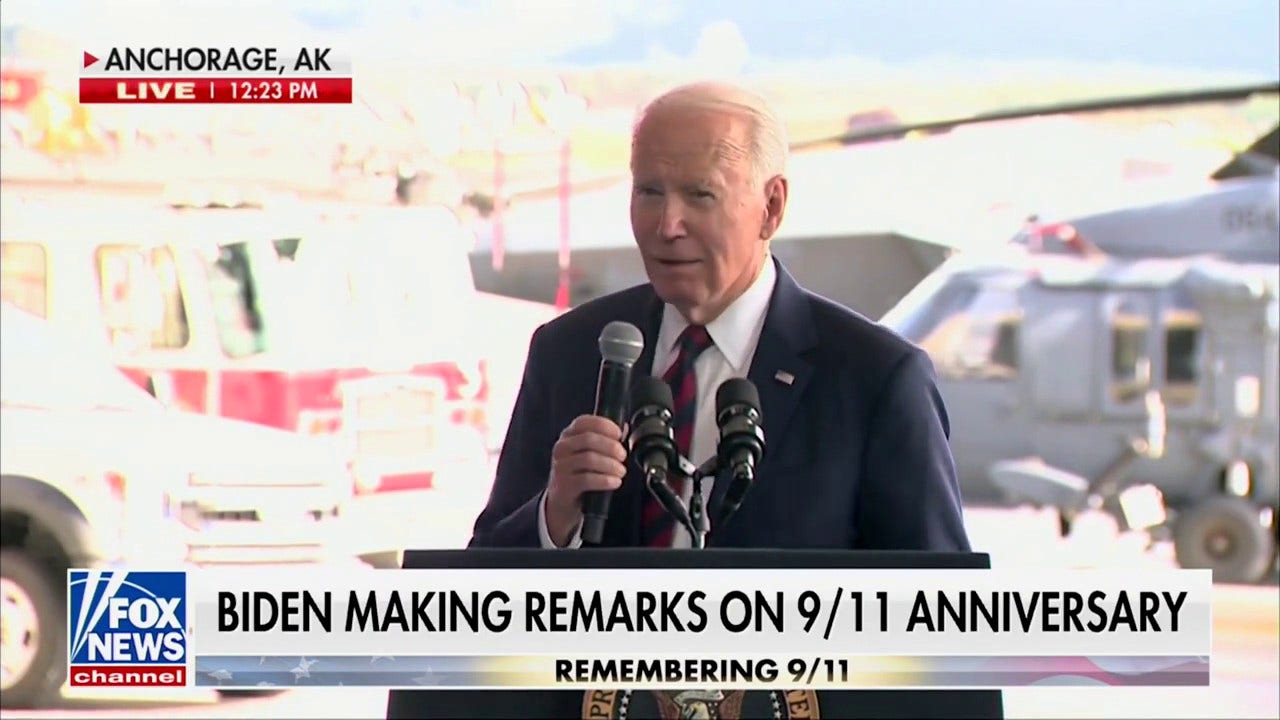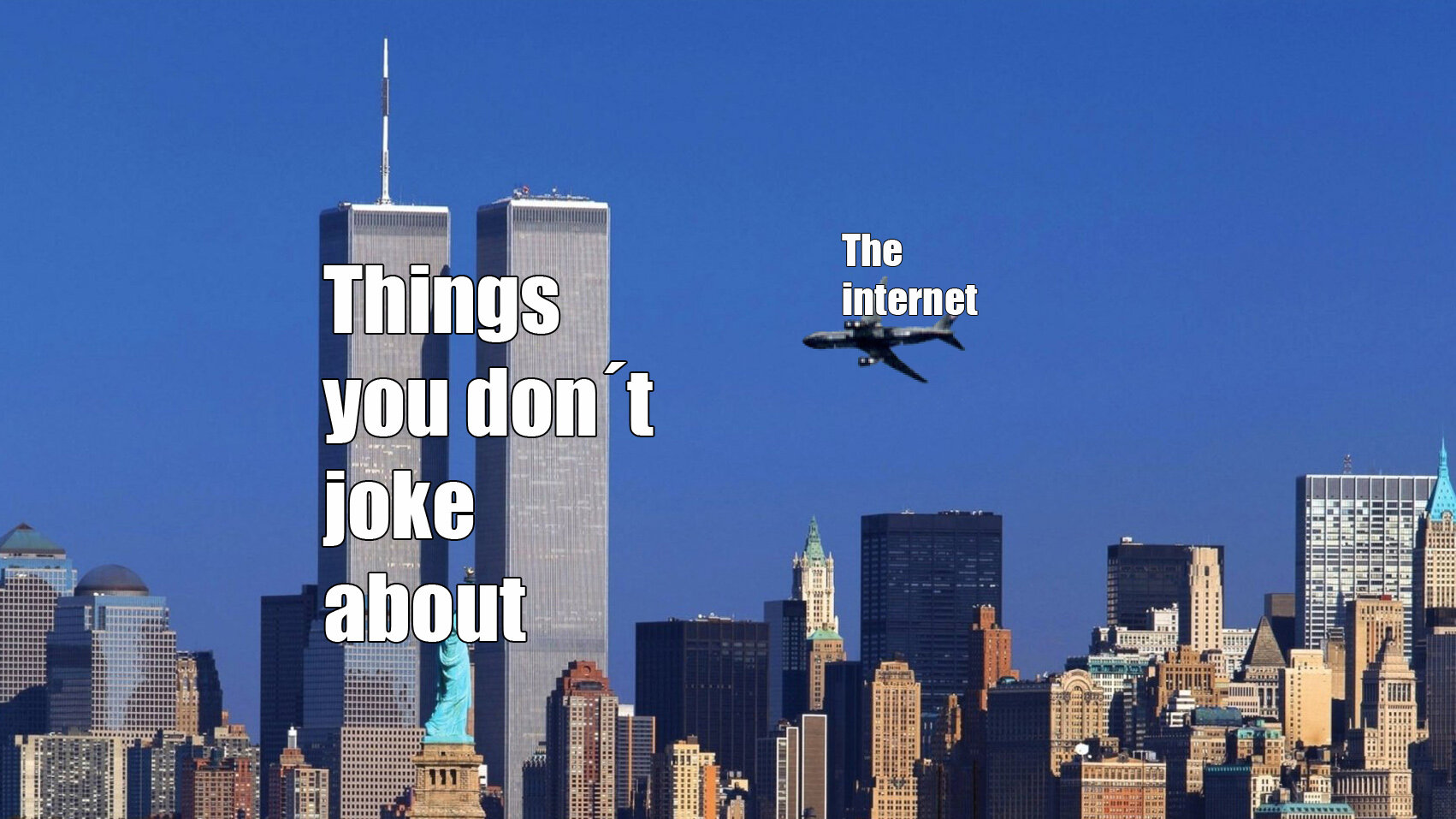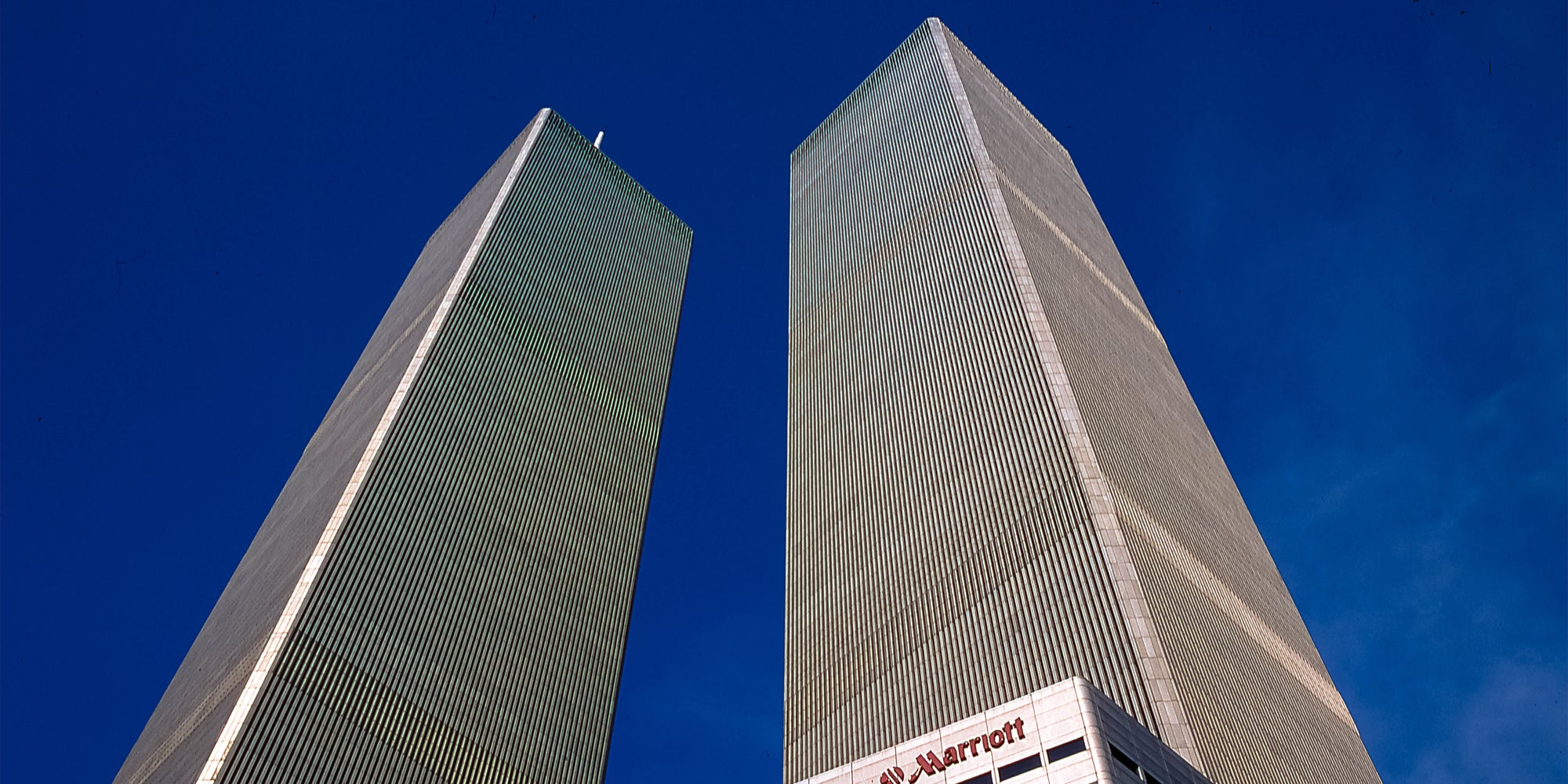9/11 Jokes: Exploring The Controversial World Of Humor - [Updated]
Is it possible to find humor in the aftermath of tragedy, or does the mere suggestion of a "9/11 joke" immediately cross an unforgivable line? The complexities of this question are profound, sparking debates about the nature of comedy, the boundaries of taste, and the ways in which society processes traumatic events.
9/11 humor broadly encompasses any attempt at generating jokes or comedic material related to the devastating events of September 11, 2001. These events, which saw the terrorist attacks on the World Trade Center in New York City, the Pentagon in Washington D.C., and the crash of United Airlines Flight 93 in Pennsylvania, remain etched in the collective memory of a generation. This article aims to explore this sensitive topic, offering an objective perspective on the evolution and reception of such humor. Often, the humor associated with this day is darkly satirical or even absurd, and many people deem it inappropriate.
To better understand the context of humor after tragedy, it is important to consider the broader landscape of comedians and individuals who have navigated this treacherous territory. While the specifics of each joke are unique, it is helpful to examine those who took the leap.
| Comedian | Known For | Notable Work (Related to 9/11) | Controversy | Link |
|---|---|---|---|---|
| Joan Rivers | Stand-up, Television Personality | Referenced 9/11 in her 2002 London show | Joke about firefighters' widows potentially being disappointed if their husbands were found alive | Wikipedia |
| Gilbert Gottfried | Stand-up, Voice Actor | Made a controversial 9/11 joke during the Hugh Hefner roast | Considered insensitive and led to a loss of a gig after some questionable tweets. | Wikipedia |
| Kumail Nanjiani | Stand-up, Actor, Writer | Mentioned 9/11 in "The Big Sick" | Implied in jokes during international conflicts. | Wikipedia |
The terrain of 9/11 humor is a minefield of potential offense. One finds that the jokes themselves run the gamut from the simple to the sophisticated, from the crude to the subtly insightful. Some examples, playing on the absurdity of the situation, include variations on the infamous "What is the difference between 9/11 and a cow? You stop milking it after 10 years." or "Why did 9/11 become a math teacher? It knew how to get to the root of problems." These, and many others, attempt to find levity in the face of an event that was undeniably catastrophic.
The question of whether such humor is okay or not is a persistent one. For some, the very idea of making light of such a tragedy is a sign of disrespect towards the victims, the families left behind, and the nations collective grief. They believe that the subject is too sensitive, too raw, and too close to the bone for humor to be appropriate. To these individuals, any attempt at humor related to 9/11, no matter how clever or well-intentioned, is fundamentally unacceptable.
Others, however, argue that humor, even in the face of tragedy, serves a vital psychological function. The argument is that jokes can be a way to cope with difficult emotions, to process the events, and to find a sense of control or normalcy in an otherwise chaotic world. Some studies have even suggested that laughter can be a form of catharsis, a way to release pent-up tension and anxiety.
The use of humor is not new, and in times of crisis, it has often been used to process tragedy. During the early days of the attacks, it was difficult to make a joke, but as time passed, comedians started to navigate the topic.
One of the most significant questions surrounding 9/11 humor concerns the nature of the target. Are the jokes directed at the victims, at the perpetrators, or at the broader societal responses to the attacks? The target of the joke plays a crucial role in determining whether it is deemed offensive or acceptable. Jokes that appear to mock the victims or trivialize their suffering are almost universally condemned. In contrast, jokes that satirize political figures, societal reactions, or the absurdity of certain situations are often seen as more acceptable, though they still may provoke strong reactions.
Joan Rivers, during a show in London in 2002, delivered a joke about the widows of firefighters killed in the attacks, which would have been disappointed if their husbands had been found alive as they would have been forced to return money they had received in compensation for their late spouses. This joke, which, by some accounts, was a reflection of the era's dark humor, and it is a clear example of the tricky line that comedians had to navigate.
Gilbert Gottfried, made a controversial 9/11 joke during the Comedy Central roast of Hugh Hefner just two weeks after the attacks. The joke was met with a mixed reception, but it was an example of comedians pushing the boundaries of what was acceptable. Gottfried, who often employed a deliberately provocative style, faced immediate criticism, and the incident remains a point of contention in discussions about his career. His joke, and its aftermath, underscores the potential for humor to backfire, particularly when it comes too soon after a tragedy.
There are those who would argue that time is a critical factor in the acceptance of 9/11 humor. In the immediate aftermath of the attacks, as the nation reeled from shock and grief, any attempts at humor were likely to be met with outrage and condemnation. However, as time has passed and the emotional intensity has lessened, some may become more receptive to jokes about the event. The passage of time does not guarantee universal acceptance. Every individual processes trauma differently, and what might be considered acceptable to one person might be deeply offensive to another, regardless of how much time has passed.
The Internet age has transformed the way we process tragedy, and this is particularly evident when looking at 9/11 humor. In the early days of the internet, online forums and message boards became a space for dark humor and gallows jokes. Today, the memes, tweets, and social media posts have become a central part of the conversation.
One example is the emergence of the "7/11 or 9/11 brown joke." This joke, which involves the use of a racial slur, is an example of the way in which humor can intersect with other social issues. This, and other examples, are a reminder that jokes are not created in a vacuum; instead, they reflect and respond to the social and political climate in which they are created.
In 2024, to be on social media means you are swimming in jokes and memes about 9/11. Things once whispered among friends are now shared by meme accounts, and they are discussed and dissected across the spectrum of online discourse. This reflects a changing perspective on the event, but also creates new challenges.
One of the more interesting developments of the ongoing conversations around 9/11 is the emergence of humor that deals as much with the international conflicts that have emerged in the past decade. Kumail Nanjianis joke in "The Big Sick" is an example of how the context has broadened, moving beyond the immediate tragedy to address its long-term global implications. The changing focus in the humor is a result of the evolution of the situation, as well as the changing landscape of comedy.
It is important to reiterate that humor is not a monolith. The impact of a joke depends on factors such as the setting, the audience, and the individuals personal history. Some may find the jokes healing, others may find the same jokes deeply offensive.
9/11 humor is a complex and multifaceted phenomenon that is defined by many factors. The events themselves were a tragedy, and it is natural that the process will continue for the years to come.
Understanding this humor is essential to understand the way society remembers and processes its history. As the internet continues to develop and society finds new ways of finding humor, it will be important to see how the landscape evolves.


